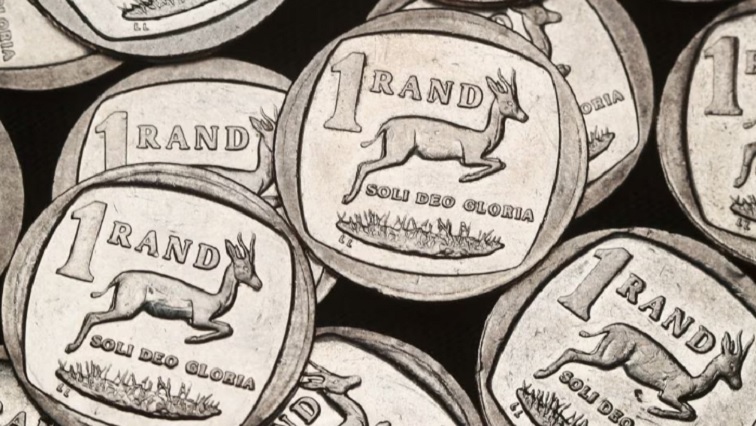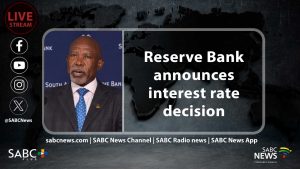The Reserve Bank has revised up the country’s economic growth outlook from 0.3% to 0.4% this year. The bank says sustained reductions in load shedding, or greater energy supply from alternative sources, would significantly increase growth.
Reserve Bank Governor, Lesetja Kganyago, says the bank’s decision remains data dependent.
“Against this backdrop, the MPC decided to keep the repurchase rate at its current level of 8.25% per year. Three members of the committee preferred to keep rates on hold and two preferred an increase of 25 basis points. At the current repurchase rate level, policy is restrictive, consistent with elevated inflation expectations and the inflation outlook. Serious upside risks to the inflation outlook remain.”
Inflation
Kganyago says inflation risks remain, with headline inflation expected to average 6% this year. This is despite inflation dropping significantly to reach 5. 4% in June 2023, and falling back within the bank’s 3 to 6% target range.
“Risks to the inflation outlook are assessed to the upside. Headline inflation at a global level continues to moderate, but food price inflation remains high and oil markets remain tight. Despite recent easing in some food price components, domestic food price inflation is still elevated at 11% in June and the risk of drier weather conditions in coming months has increased.”
The bank has emphasised that guiding inflation back towards the 4.5% mid-point of its target band reduces the economic costs of high inflation and will achieve lower interest rates in future.
MPC decision briefing:
Balanced decision
Economist Isaah Mhlanga says the central bank’s decision to keep its main lending rate unchanged, is a balanced one.
Some experts say this is the first signal that the bank’s tightening cycle is nearing an end.
Mhlanga says the bank based its decision mostly on positive economic trends.
“It sounds like a balanced pose, neither hawkish, nor dovish, in a sense that the SARB is sticking to data dependency. They’ve highlighted that inflation risks remain on the upside, but they’re also seeing the forecast moderate, relative to the last MPC. So, those things balance each other out. But the risk which they point out which is food price inflation, loadshedding remain, but if you just look in terms of the trends, the trends have been positive over the last two months.”
Analysis on SARB’s repo rate decision:






